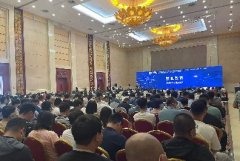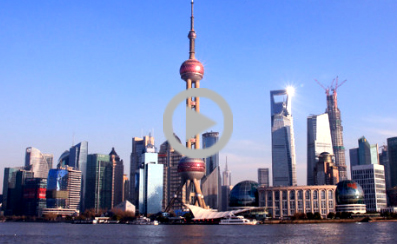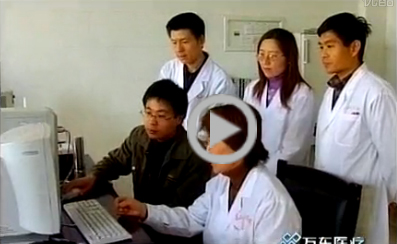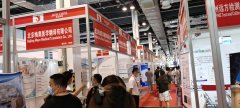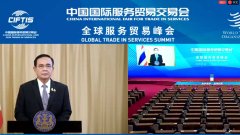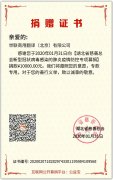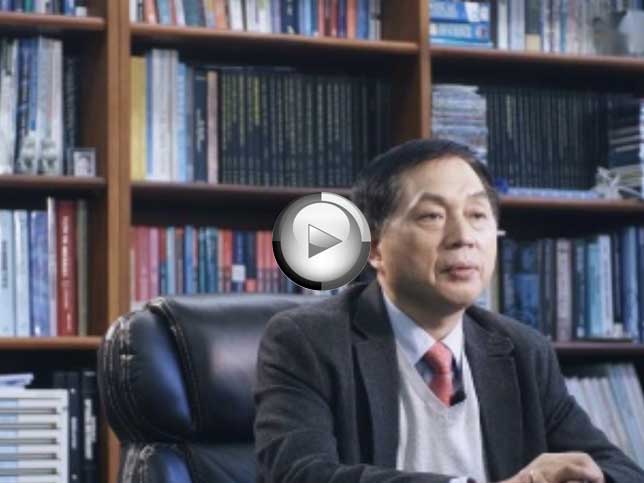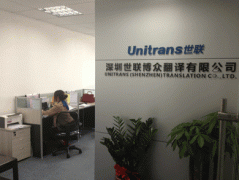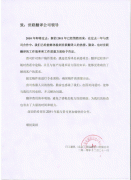成功为中国经济论坛圆满完成留学论文翻译
时间:2014-08-19 16:21 来源:未知 作者:licui1 点击:次
简介
中国经济50人论坛(以下简称论坛)是由经济学界的有识之士于1998年6月在北京共同发起组成的、独立的学术群体。论坛聚集了具有国内一流水准、享有较高的社会声誉、并且致力于中国经济问题研究的一批著名经济学家。

Rising yuan will leave Chinese markets sore but stable
Editor's Note:
The People's Bank of China (PBC) last month decided to proceed with reform of the yuan exchange rate regime. Since then the yuan has risen from 6.82 to 6.77 against the dollar. The pace of reform and appreciation is claimed to be gradual and controllable, but some still believe that there may be dramatic results. Global Times (GT) reporter Wang Di talked to Yu Yongding (Yu), former member of the Monetary Policy Committee of the PBC, on currency reform and the internationalization of the yuan.
GT: How will the exchange rate be determined after the reform? Will the reform lead to the appreciation of the yuan?
Yu: According to the PBC statement, the yuan exchange rate will be based on market supply and demand, but it will also be determined "with reference to" a basket of currencies.
If the yuan exchange rate is entirely decided by demand and supply in the foreign exchange market, the yuan exchange rate will appreciate significantly, because of the excess supply of the US dollar vis-à-vis the yuan in the foreign exchange market.
However, if the yuan is pegged to a basket of currencies, it may appreciate or depreciate, depending on the changes of exchange rates of the US dollar against other major currencies in China's chosen basket, regardless whether there is an excess supply of US dollars.
For example, if the US dollar is appreciating against the euro, the yuan should devalue against the US dollar so as to keep the price of the basket currencies unchanged. Therefore, there is a contradiction in China's exchange rate regime as to how exactly the rate will be determined.
The wording "with reference to" provides an escape route, which gives the PBC enough leeway to decide whether and by how much the yuan exchange rate should be adjusted under any circumstances.
The presumed advantage of this arrangement is that while the yuan is appreciating gradually, capital inflows aimed at arbitrage will be deterred by the possibility of a two-way fluctuation of the yuan exchange rate against the US dollar.
But there are obvious problems with this approach. This arrangement is transitional. Eventually, China has to make a choice between free floating and pegging to a basket of currencies.
GT: What is the impact of the reform on China's export and import market, and on China's macro economy?
Yu: There is no doubt whatsoever that yuan appreciation will have a negative impact on China's trade balance.
Some argue that currency appreciation will have no impact on trade balance by citing the Japanese experience. Yes, since the yen appreciation in 1985, Japan has still been able to maintain a trade surplus. But this example does not negate the role of currency appreciation on trade balance. The exchange rate is just one of many factors which decide the trade balance.
Beside the exchange rate, China's trade balance is also influenced by growth in the global economy as well as the domestic economy. In fact, Chinese exports' income elasticity is higher than that of price elasticity.
Generally speaking, yuan appreciation will reduce China's trade surplus by reducing exports and increasing imports. China's terms of trade will be improved, its non-tradable sector will be boosted, and its outbound foreign direct investment will increase.
Appreciation will lead to the bankruptcy of certain export enterprises and trading companies, which in turn will lead to an increase in unemployment in certain sectors and regions.
However, while acknowledging the effect of currency appreciation on trade balance, its effectiveness should not be exaggerated either, because China's trade pattern is characterized by the domination of processing trade.
Furthermore, Chinese enterprises' ability to adjust should not be underestimated. Before the 2005 appreciation, many claimed that allowing the yuan to appreciate, even just by 3 percent, would cause massive bankruptcy and unemployment.
However, after 15 percent appreciation against the dollar, massive bankruptcy and unemployment did not happen. International experience also shows that the negative impact of a currency appreciation is limited and should not be exaggerated.
GT: How can PBC, the central bank, prevent the reform from harming China's economy?
Yu: The central bank can control the pace of yuan appreciation. If the central bank stops intervening in the foreign exchange market entirely, the yuan exchange rate will shoot up to find its equilibrium. The downside of this approach is that the appreciation can be very large with serious consequences on China's growth and employment, at least for a certain period of time. If the authorities do not think Chinese enterprises are resilient enough to absorb such shocks, the central bank can adopt a gradualist approach. However, this approach will inevitably lead to speculative capital inflows, which may destabilize China's financial system, causing inflation and real estate bubbles.
A good policy could be something in between the two extremes: a faster pace of appreciation plus tighter capital control. The government should take more responsibility in helping enterprises that go bankrupt and workers who lose their jobs, rather than refusing to allow the yuan to appreciate and increasing tax rebates, which creates incentives for rent-seeking and essentially acts as subsidies to foreigners.
GT: People worry that the rising yuan will inflate real estate and stock bubbles. Will China follow a similar path to Japan in the late 1980s?
Yu: Yuan appreciation per se will not cause asset bubbles, but the expectations of yuan appreciation will.
There are only two ways to eliminate appreciation expectations: a one-off appreciation or convincing the market that there will be no appreciation at all. Under China's current circumstances, neither way is a solution.
To deal with the situation, the central bank has to use a sterilization policy to mop up excess liquidity caused by appreciation expectations and other factors, such as interest spread and rising real asset prices.
The PBC has been quite successful so far in implementing a sterilization policy. But how long this policy can be continued is questionable, if China's twin surpluses do not disappear in the near future.
Japan's real estate bubble in the late 1980s did not result from the appreciation of the Japanese yen after the Plaza conference in 1985. Its extremely loose monetary policy after 1985 was the true culprit.
GT: Some economists suggest that it is time to increase yuan's convertibility. Do you agree?
Yu: A flexible exchange rate and the convertibility of the yuan are two entirely different things. For example, the Hong Kong dollar pegs to the US dollar and has no flexibility at all. But the Hong Kong dollar is fully convertible.
In China, many economists think that by liberalizing capital controls, which are almost equivalent to the convertibility of the yuan, pressure on yuan appreciation can be reduced. This is putting the cart before the horse.
GT: Can you comment on proposals for the internationalization of yuan?
Yu: Internationalization of the yuan is a good idea. But this will be a long-drawn process. We can do something to promote the use of the yuan as a settlement currency in a very limited way. To pin too many hopes on the internationalization of the yuan is not realistic.
Without the full convertibility of the yuan, a flexible exchange rate, and a deep and liquid capital market, it is impossible to have an internationalized yuan. If we get carried away by the prospects for yuan internationalization, we may dismantle capital controls too quickly and expose China's financial system to speculative attacks. |





